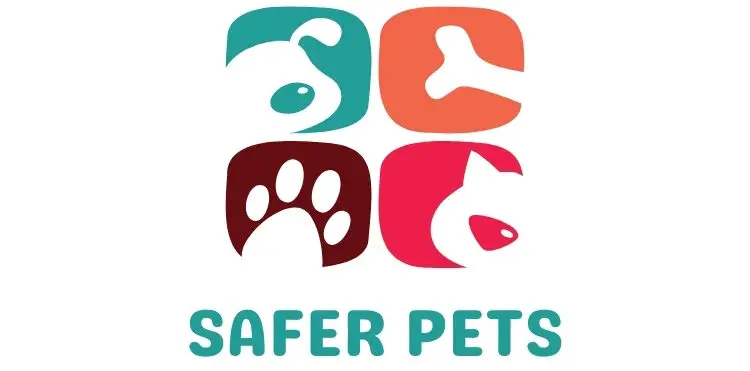When our animals become ill, the first place we turn to is our local veterinarian.
Generally where you take your pet when ill or injured greatly depends not on the quality of service provided, but on what treatment is going to cost.
Shop Around
Prices vary from veterinarian to veterinarian. There is no regulation on what veterinarians charge and for that reason, it is best to shop around.
When looking for a Vet find one that is suited to both your needs and the requirements of your animals. Do they have anyone that specialises in the sort of animal you have? Are there additional charges for weekend and after hour visits? What services do they offer for the money you are going to spend with them?
Everything Has a Price
When you visit a vet generally you will be charged a consultation fee and anything that needs to be done for your pet is added onto this. Additional costs include the price of x-rays, nail clipping, laboratory tests and if need be hospitalisation. Added to this is the expense of any medications used or prescribed for your pet, dressings, bandages and anaesthetics should your pet need it.
Many vets do however, offer fixed fees for particular services. These include dentistry, vaccinations, spaying, micro chipping and castrations, this enables you to know precisely what it is going to cost to have these procedures performed.
The expense of treatment may also depend upon the size of the animal; some practices charge less to tend a Rat than they would to treat a Great Dane.
Calls outside standard practice hours or on statuary holidays usually cost you more. This additional cost can result in you paying up to five times what you generally would pay at any other time.
Relying on Generosity.
If the need arises, you may be able to find a Veterinarian that will allow you to pay off any urgent treatment your pet may require. If a Vet is kind enough to allow you to do this, ensure you make regular payments and clear your account as quickly as possible. That way if the necessity arises again your Veterinarian will know they can rely on you to do the best you can to clear the account. Some may charge an additional fee to the account for doing this but considering they are giving you credit it is worth the additional charge.
Insurance – Money Well Spent.
Another way to avoid the burden of hefty Vet bills is to invest in Animal Medical Insurance. Policies cover a wide range of ailments and physical injuries. The money invested in insuring your pet can save a lot of worry later on when the Vets bill arrives. Many insurance companies advertise on the Internet and in pet magazines. Check your local phone directory as well and see what is on offer.
What do You Want From Your Vet?
When choosing a Vet it comes down to deciding if you want quality of service or value for money. What price can you put on the care and treatment of your companion?
If specialisation is required, you may have to grin and bare the expense in some circumstances. It’s better to take your pet reptile to a Vet that has someone who specialises in reptile care. In the case of rodents and Guinea Pigs, the extra cost of a knowledgeable Vet can far outweigh that of taking them to someone who has no experience of these animals. All it would take would be a dose of penicillin-based antibiotic to cost the life of your little companion.
With proper care, most of our pets should remain healthy and happy. However, accidents, illness, and injury do occur and can happen very suddenly. Knowing you have a reliable reasonably priced Vet to fall back on can give you peace of mind and allow you to concentrate on what is important, being there for your pet when they need you the most.
